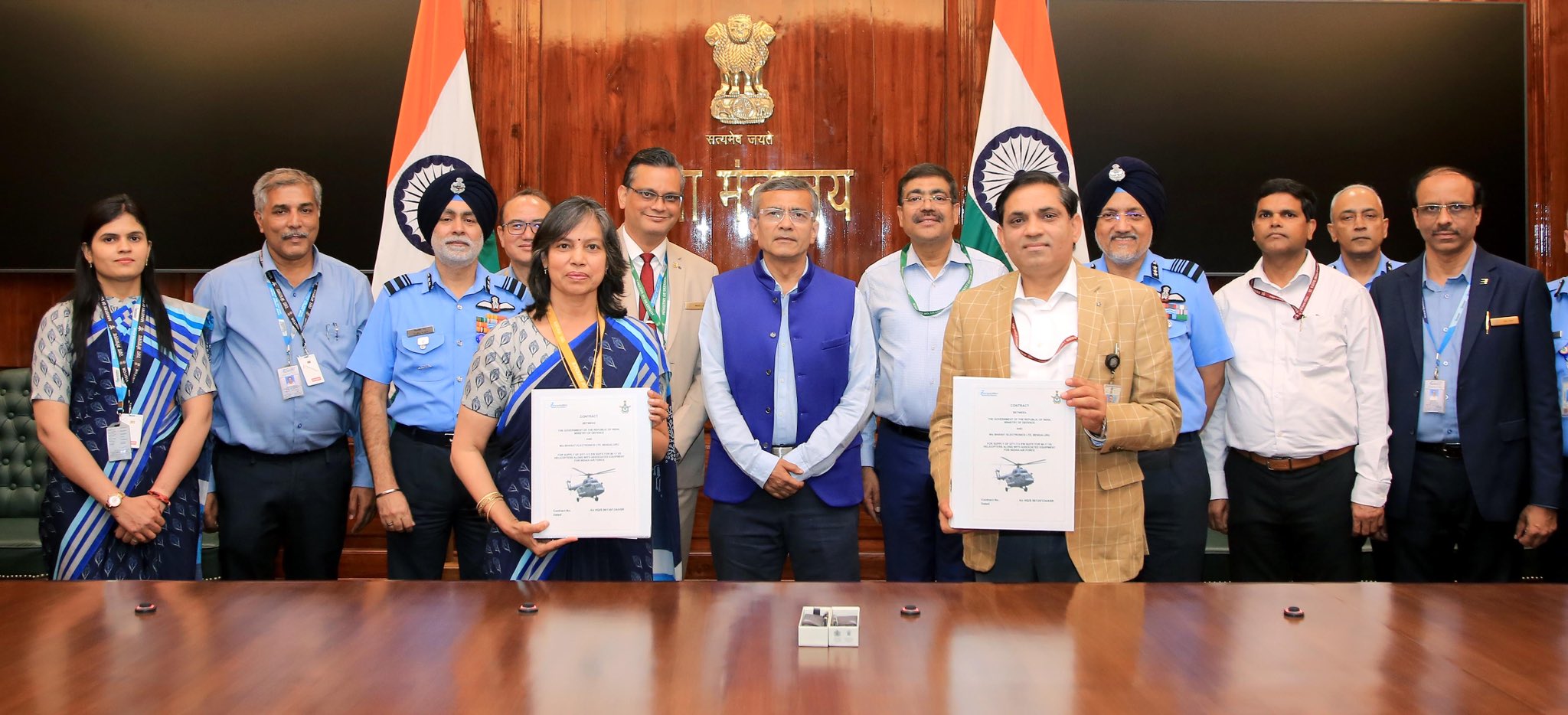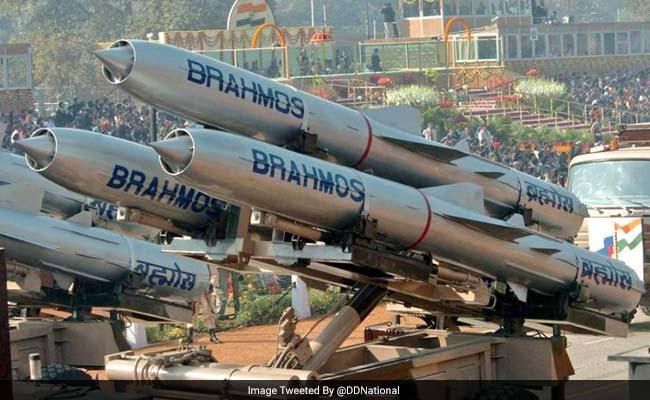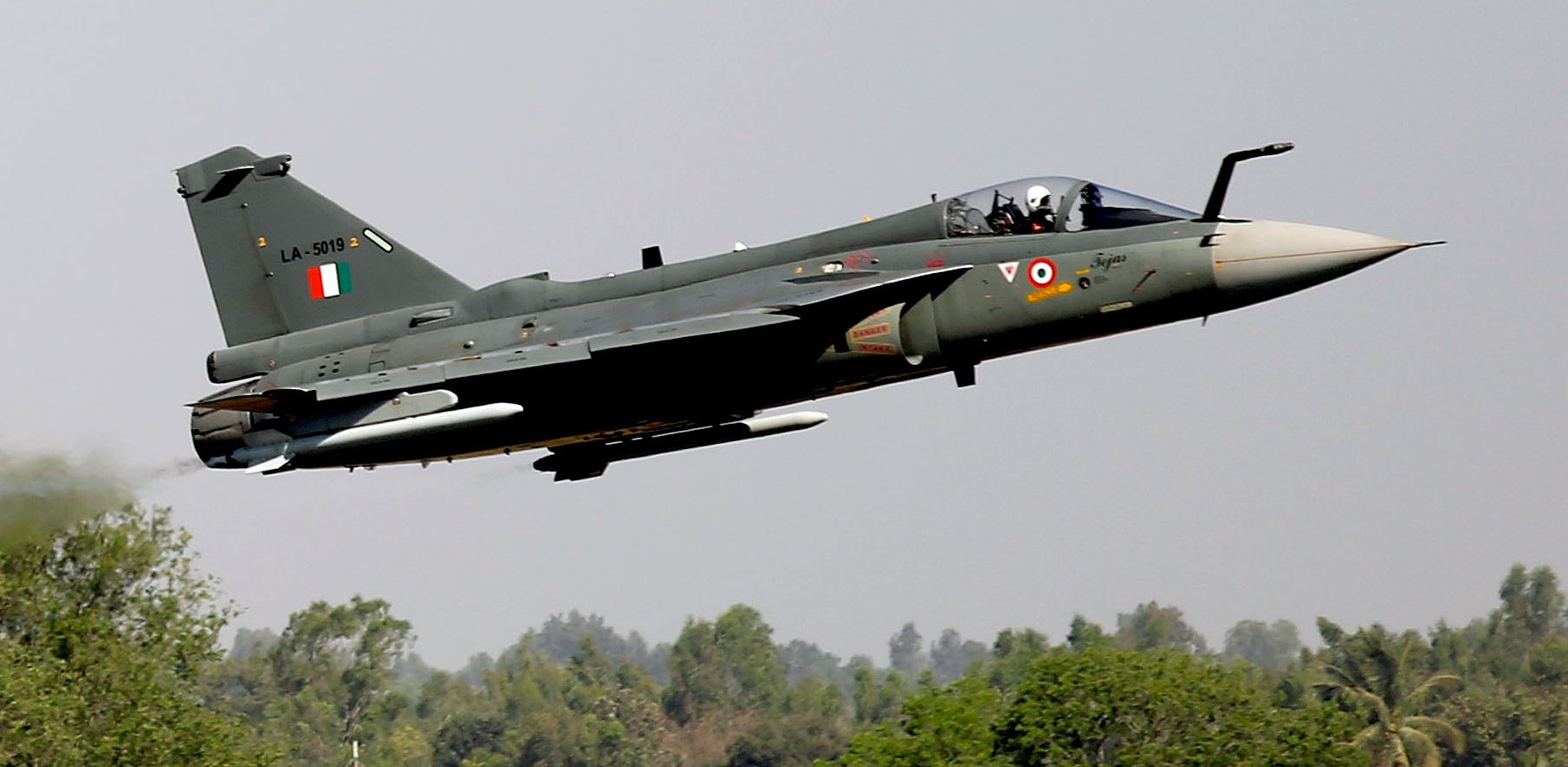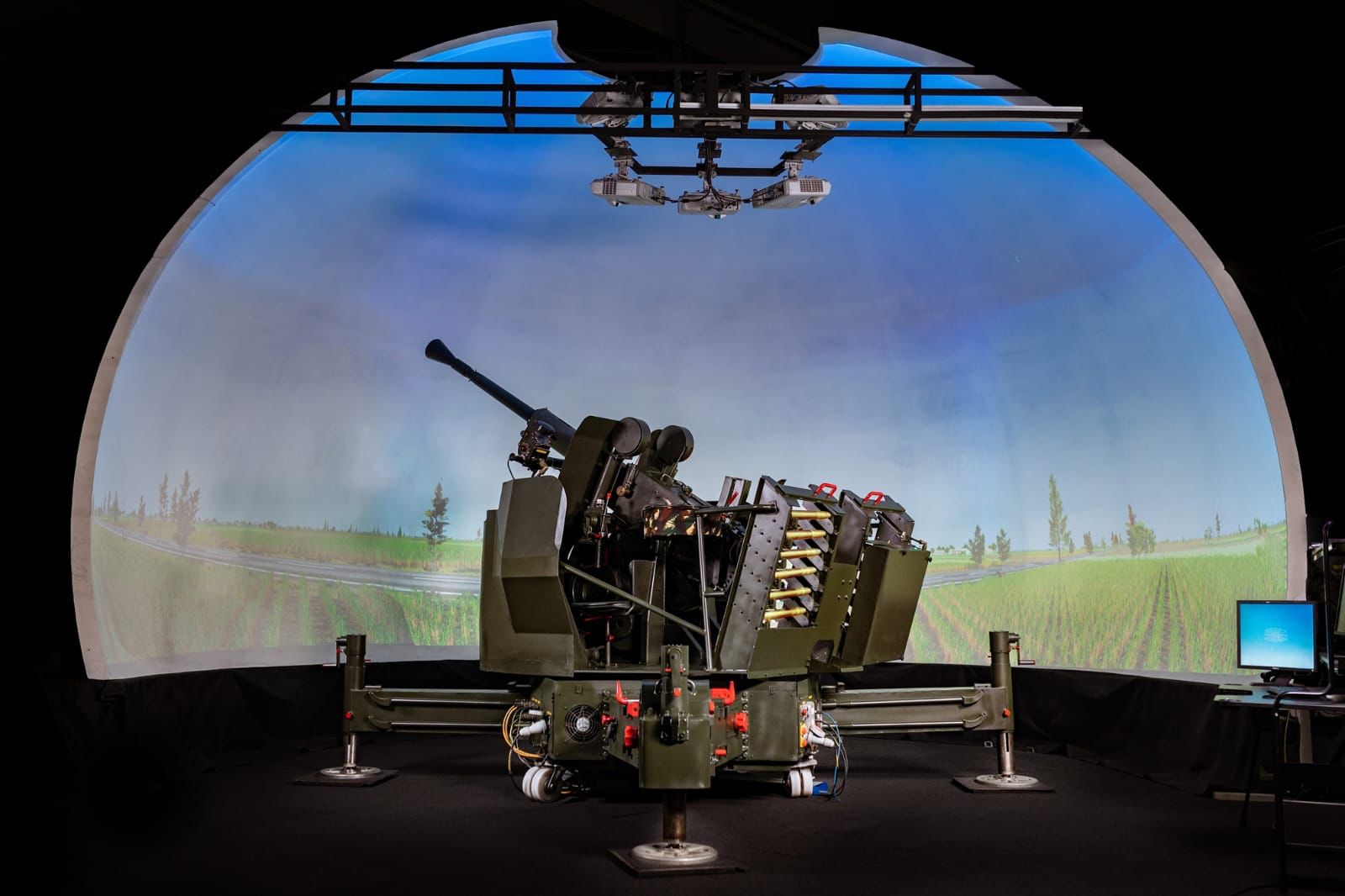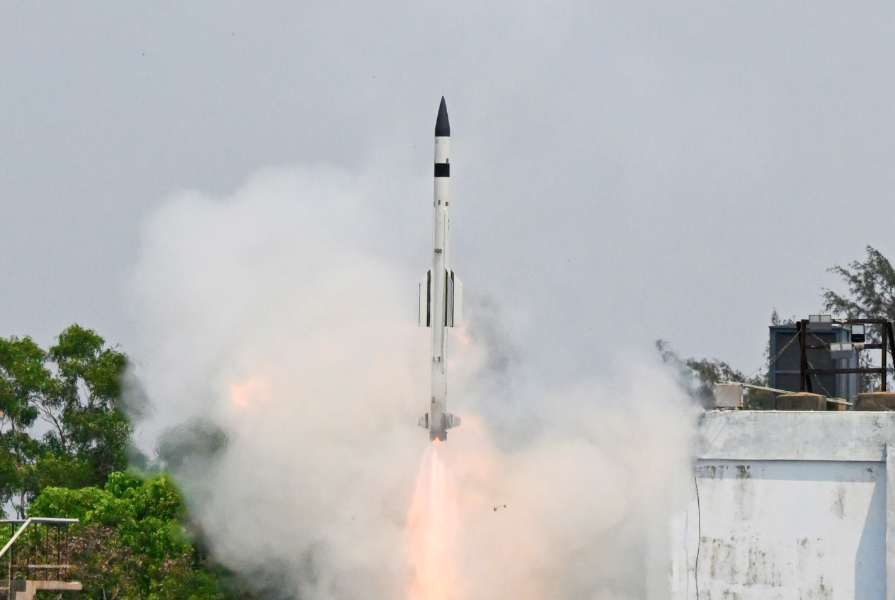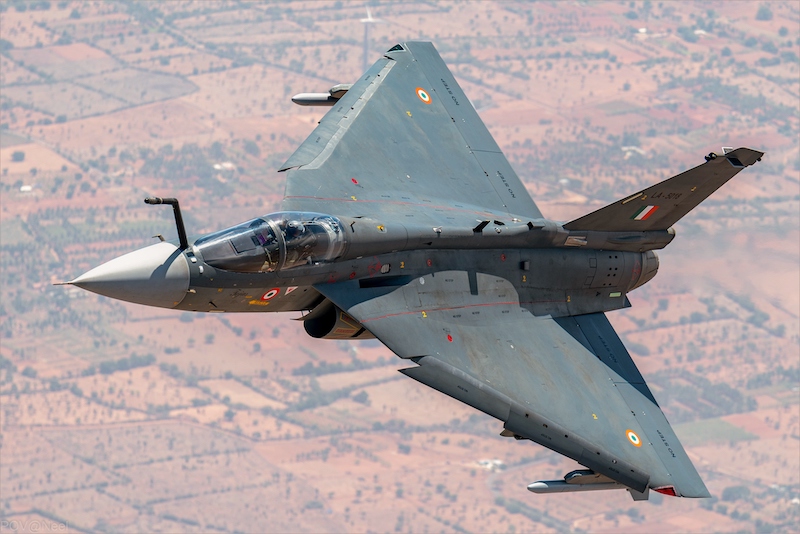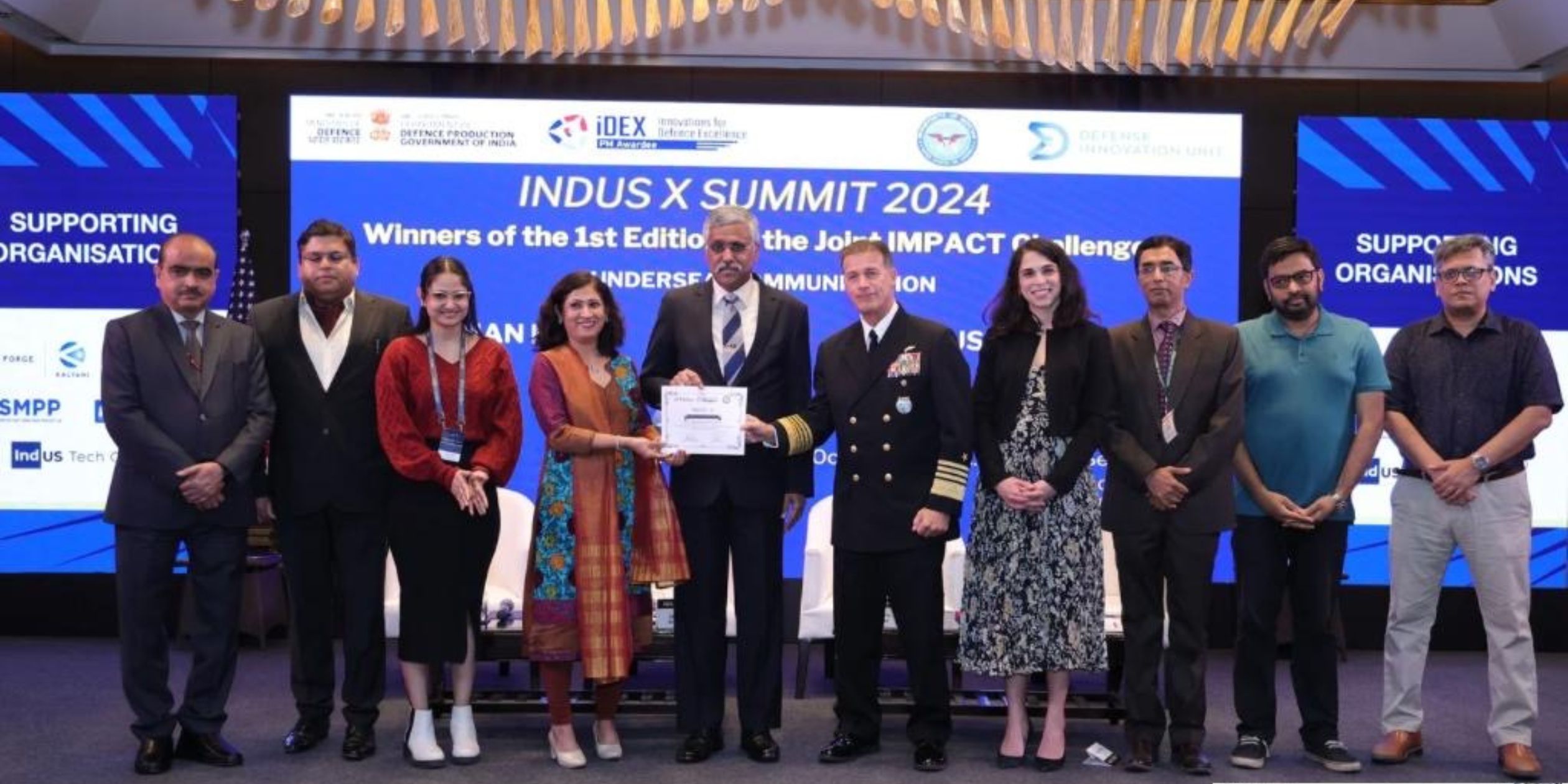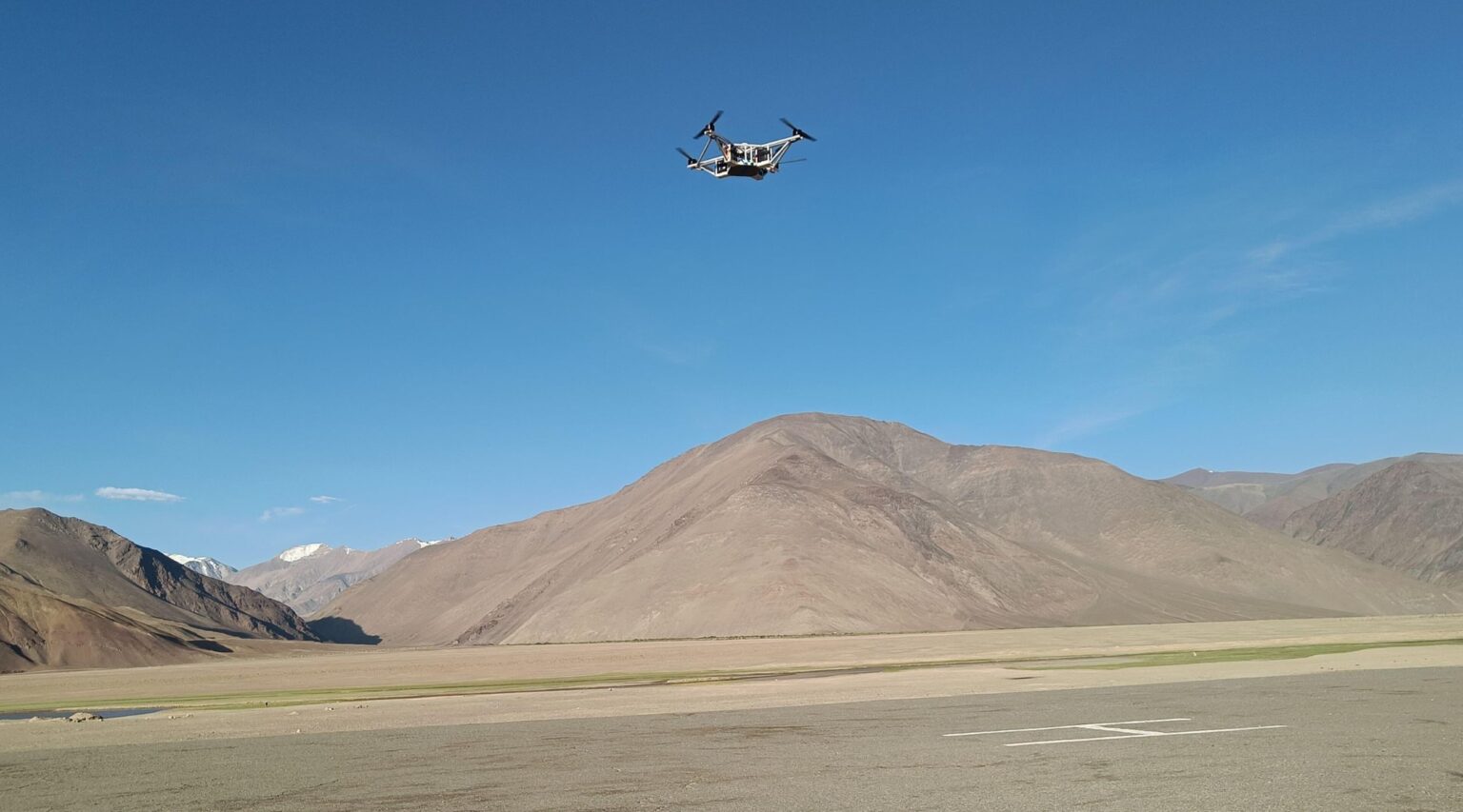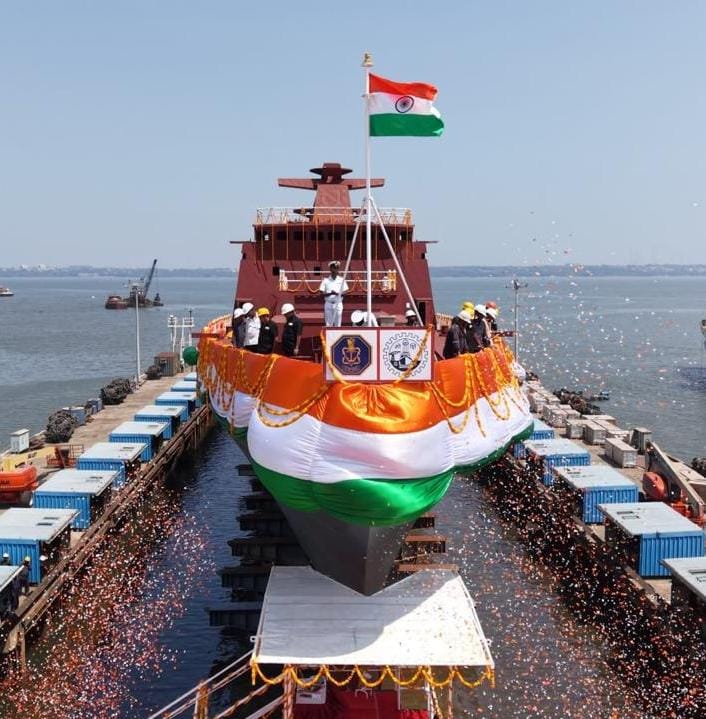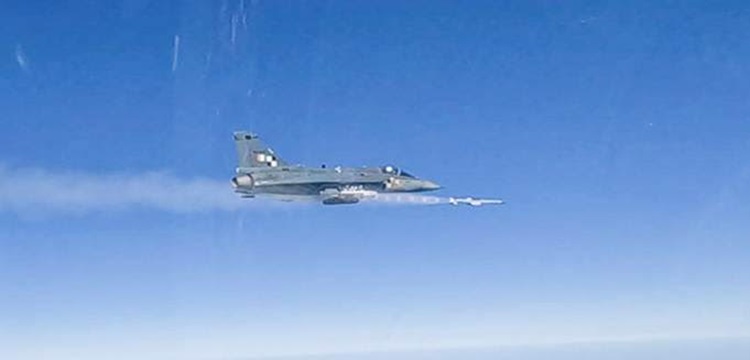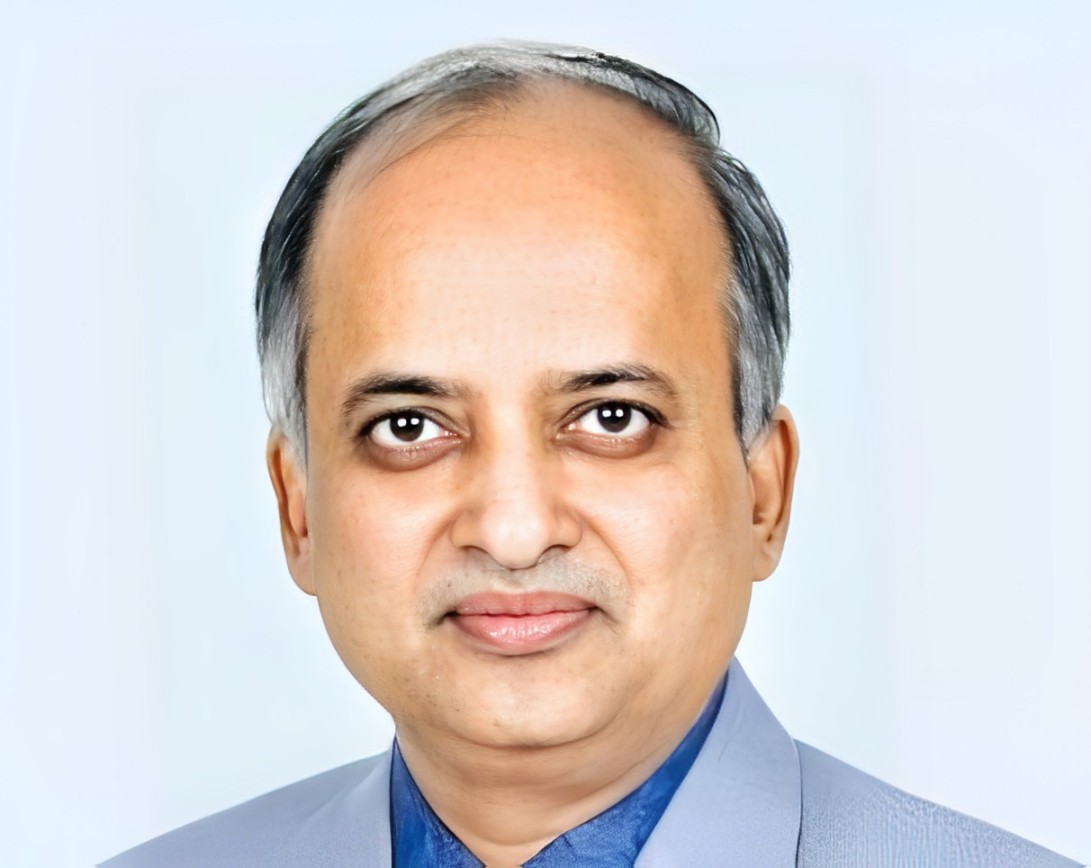 BrahMos Aerospace CEO Jaiteerth R Joshi.
BrahMos Aerospace CEO Jaiteerth R Joshi.
Hyderabad/New Delhi: A major leadership controversy has erupted at BrahMos Aerospace following the appointment of Dr Jaiteerth R Joshi as chief executive officer. Dr Sivasubramanyam Nambi Naidu, a distinguished scientist with over three decades of professional experience, has challenged Joshi’s appointment through a legal petition filed at the Central Administrative Tribunal (CAT) in Hyderabad.
The crux of Naidu’s argument centres on allegations of being unjustly superseded during the selection process in the organization, which makes India’s supersonic cruise missiles, despite being seven years senior to Joshi.
Joshi, an eminent missile scientist with over three decades of experience, assumed the role on December 1. A graduate of Osmania University and holding a PhD in Mechanical Engineering from the National Institute of Technology, Warangal, he has been instrumental in major Indian missile programmes, including Prithvi and Agni. He also played a crucial role in the long-range surface-to-air missile (LRSAM) programme. Apart from these credentials, he has trained over 600 personnel in advanced non-destructive testing (NDT) techniques.
His technical background positions him as one of the top figures in the country’s defence technological landscape. However, Naidu’s challenge suggests that seniority and experience were potentially overlooked in the appointment process.
Naidu is a highly experienced senior scientist and technologist in India’s defence sector. He has spent several decades contributing to critical areas of missile development under the Defence Research and Development Organization (DRDO). His expertise includes systems integration, design, and the development of missile systems, including the BrahMos.
He holds the title of “distinguished scientist” – a prestigious designation that reflects his expertise and contributions to the field, and has served as an “outstanding scientist” since 2017 – a role that underscores his leadership in various projects.
He has been recognized for his work in missile systems, particularly as a key figure in the Prithvi missile programme, which was one of India’s first indigenously developed ballistic missiles.
Apart from this, Naidu has extensive managerial experience at Bharat Dynamics Limited, where he oversaw large-scale missile production. His role there involved not just technical expertise but also significant managerial responsibilities, which are crucial for meeting operational and export ambitions of missile systems, like BrahMos.
Naidu, who was a contender for the CEO position, claims he was bypassed despite being equally or more qualified for the role. His petition alleges procedural lapses and a lack of transparency in the selection process, which involved the DRDO and the Russian partner in BrahMos, NPO Mashinostroyeniya.
The tribunal has taken the matter seriously. It has sought a comprehensive response from the DRDO within four weeks. A follow-up hearing is scheduled for December 30, which indicates the gravity of the dispute.
The leadership challenge emerges at a critically sensitive moment for BrahMos Aerospace, which is currently negotiating strategic defence contracts with several international partners, including Indonesia, Vietnam, and the United Arab Emirates. The organization is particularly focused on fulfilling a substantial $375 million contract with the Philippines, which represents a strategic entry point into the Southeast Asian defence market.
Defence experts have expressed concerns that this internal dispute could potentially disrupt BrahMos’s operational capabilities precisely when consistent leadership is most crucial. They fear that the uncertainty surrounding the leadership transition might introduce delays in existing contracts and potentially compromise future international defence negotiations.
A former technocrat who served in a defence public sector undertaking told India Sentinels in the condition of anonymity that the legal challenge extends beyond an individual dispute. It reflects broader governance and transparency questions within public sector appointments, which are often made in a very opaque and sometimes shocking fashion.
He said the outcome of this legal tussle may result in substantial implications for India’s strategic defence initiatives and its emerging reputation as a significant global defence technology manufacturer.
At a time when BrahMos is under pressure to innovate and expand its market presence amid increasing international competition, this leadership dispute represents a potential vulnerability. Joshi’s technical expertise could be instrumental in advancing the organization's capabilities, but the ongoing legal challenge introduces an element of uncertainty.
The challenge to Joshi’s appointment represents a critical moment for BrahMos Aerospace. The resolution of this dispute will not only impact the individuals directly involved but could potentially influence India's broader strategic positioning in the global defence technology market.
The legal proceedings and their eventual outcome will be closely monitored by stakeholders within BrahMos, the defence sector, and international observers interested in India's defence technological ecosystem.

